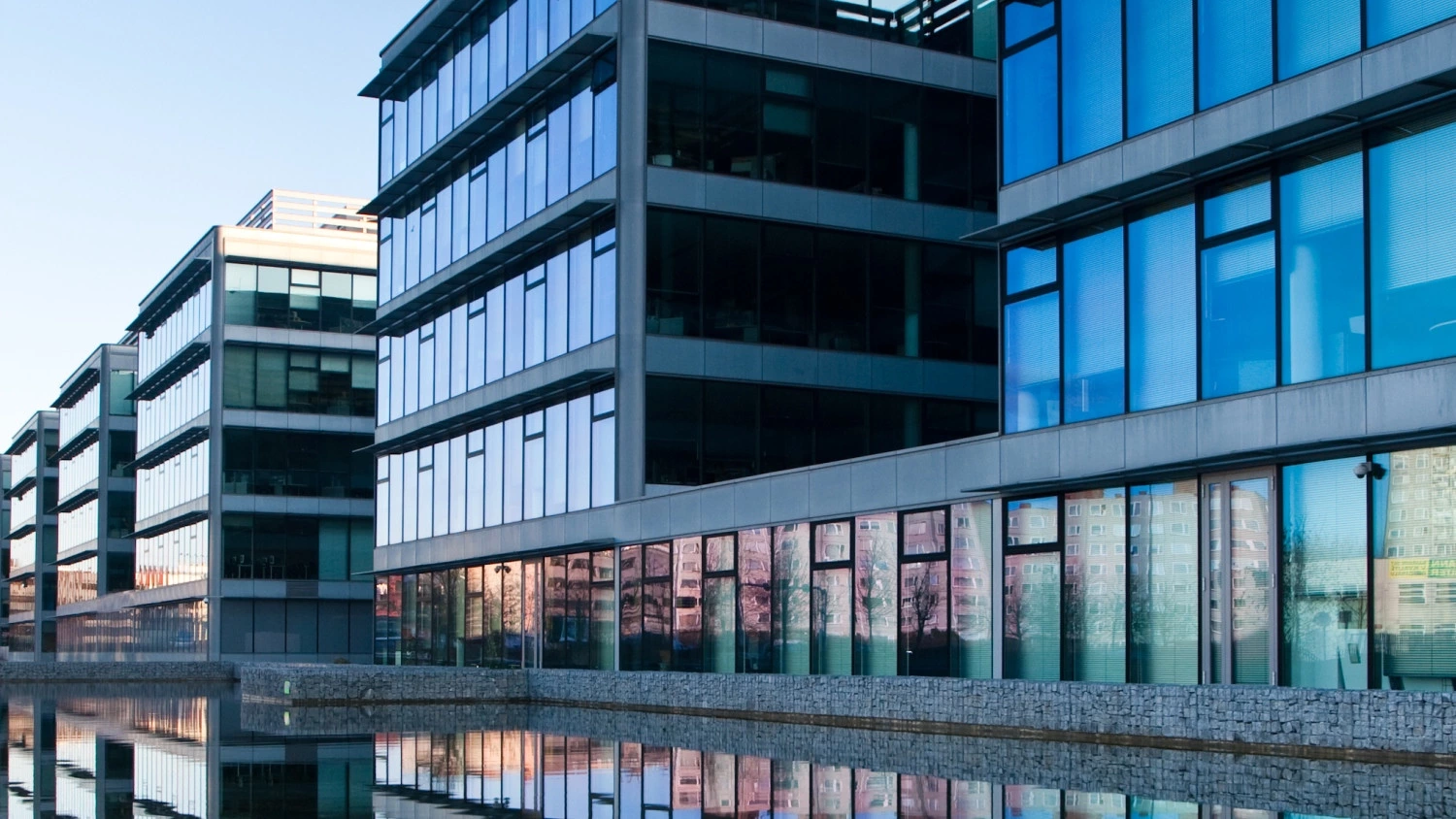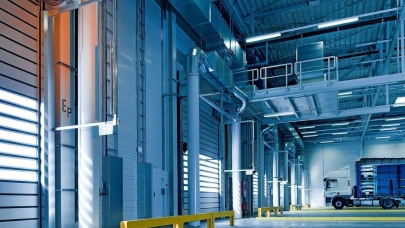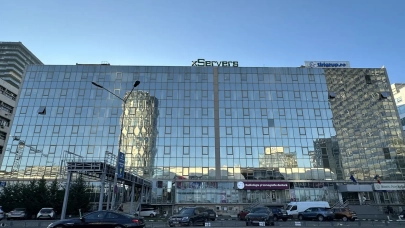
During the first quarter of 2023, the volume of investment in commercial real estate exceeded €477 million, a result that far exceeded initial expectations. The reason for these positive figures is a single large transaction into the retail property portfolio, which accounts for the majority of the total quarterly investment volume. This transaction is the reason why most of the funds in the past quarter went to the retail segment. Domestic investors were the most active last quarter, accounting for an unprecedented 87% of the total, according to Knight Frank's analysis of the Czech commercial real estate market.
What do investors buy most often? In the past quarter, properties from the retail segment dominated the market (57%), followed by manufacturing and logistics complexes (27%). On the other hand, offices, which have long accounted for a substantial part of transactions, accounted for only 9% of the total investment volume. One percent less was invested in rental housing. "Investors are focusing on properties that offer growth or development potential in the short to medium term. These are projects with permits for expansion or redevelopment or with the possibility of a complete change of use, e.g. to apartments. These properties generally generate a stable income. This gives investors sufficient room for project preparation," comments David Sajner, Partner and Head of Sales at Knight Frank, on the current situation in the commercial real estate market.
Due to persistently high-interest rates, the market is undergoing a correction in yields. In the first quarter, yields in offices and shopping centres rose by a quarter of a percentage point, while in other segments they rose even more significantly - by half a percentage point. The correction can be expected to continue during this quarter. "Trophy properties are now appearing on the market that does not fit into owners' portfolios in terms of long-term strategy, mostly related to ESG requirements. As foreign institutional investors are currently less active, domestic investors are gaining space to acquire attractive trophies or commercially interesting properties," Sajner adds.
Expectations for future developments
The further development of the market situation will largely depend on the development of conditions for real estate financing. Until the interest rates set by central banks are lowered, a decline in yields cannot be expected. There will therefore be more investors willing to accept a higher yield than they had originally expected. Domestic investors will continue to dominate. Their advantage over foreign investors is their knowledge of the market, which makes them willing to accept a seemingly higher-risk investment.


